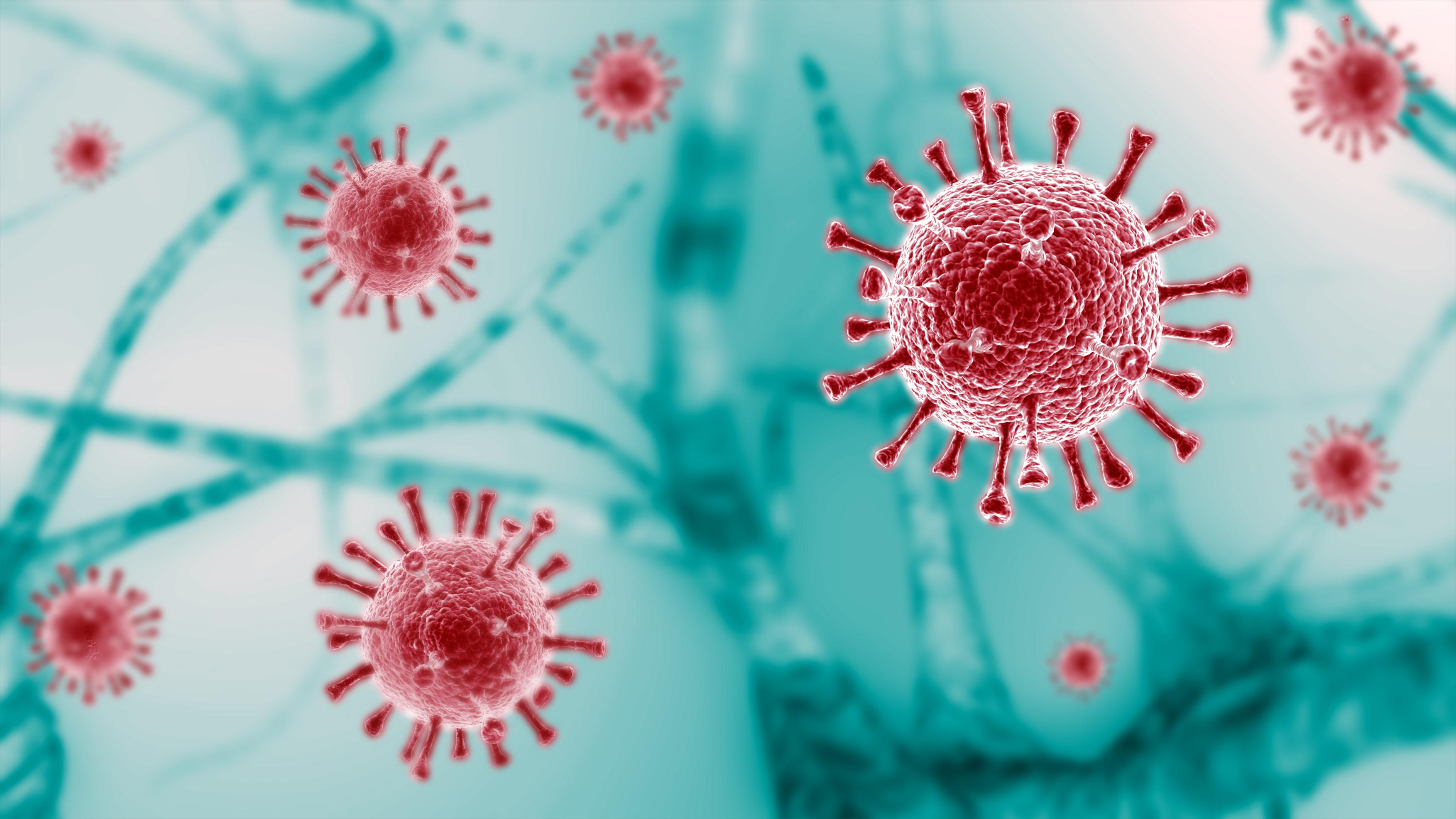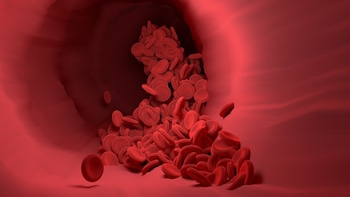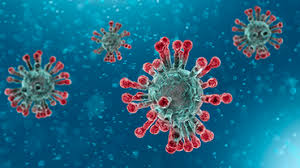China warns of potential resurgence of Covid driven by JN.1 subvariant

NEW DELHI: Health authorities in China warned of a potential resurgence of Covid this month driven by the JN.1 subvariant. According to a report by CGTN, the National Health Commission (NHC) highlighted the increasing presence of JN.1, and said that multiple respiratory diseases were likely to spread this winter and next spring.
"Influenza viruses are expected to remain the dominant pathogen," Wang Dayan, head of the Chinese National Influenza Center, told reporters. Wang attributed the JN.1's rise to several factors including imported cases, lower influenza rates and declining population immunity.
As per the CGTN report, the top health official advised that high-risk groups such as pregnant women, children and the elderly should prioritize annual influenza vaccination and maintain health habits.
Wang further stressed it was important to understand that contracting one type of respiratory illness did not guarantee immunity against others in the short term.
The World Health Organization (WHO) has classified the JN.1 as a variant of interest and said current evidence showed that the risk to public health was low from this strain of COVID-19.
Last week, Maria Van Kerkhove, the WHO's interim director of epidemic and pandemic preparedness, told the news agency Reuters that low vaccination rates against the latest versions of Covid and influenza were putting pressure on healthcare systems this winter.
“Too many people need serious medical care for flu, for Covid, when we can prevent it,” Van Kerkhove said. She cited “incredibly low” vaccination rates against flu and COVID-19 in many countries this season.
In recent weeks, there have been reports of rising hospitalisations linked to respiratory infections in the United States, several European countries, and other parts of the world.
As per the WHO, the world reported 850,000 new Covid cases and 118,000 new hospitalisations in Dec last year, a rise from Nov of 52 per cent and 23 percent respectively.











